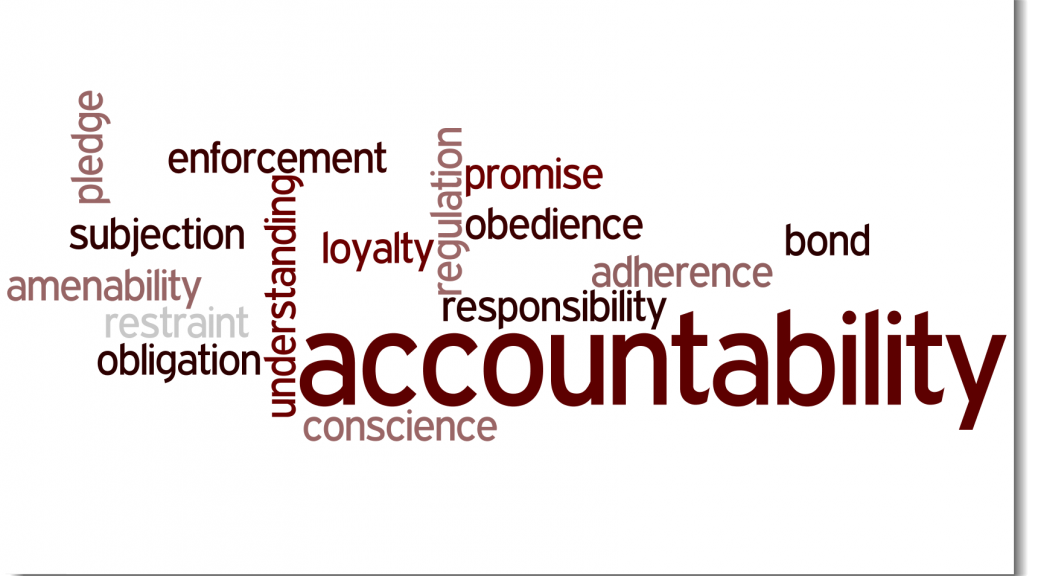Teacher, It appears clear to us that turning away from potential sinful temptation and practicing accountability to ourselves, our community of believers and our Triune God goes hand in hand. Is there a procedure that we may follow to stay on the path of righteousness?
This is a well phrased issue that addresses the ever present temptation we experience in our daily lives as sinners!
We define righteousness as allowing the Holy Spirit to inspire us, coming to scriptural knowledge, accepting scripture as the true Word of God, believing in Jesus as Savior and receiving the gift of salvation that He freely gives us. Rom. 14, Matt. 16.
Accountability to one another is an aspiration we strive for in daily practice of our faith, belief in Scripture as the true Word of The Lord, and is a tenet of the LCMC. Accountability requires commitment and community interaction, bilaterally, one to all and all to one. Accountability is an essential redeeming life skill.
Research discovers these effective accountability methods and practices:
We find the presentation of accountability to one another and The Lord in Scripture, Paul. Galatians 1, 2.
First, Paul rebukes the Galatians for their desertion of the Gospel; next, he blames the confusion on those who perverted the Gospel; and then he pronounces a solemn condemnation of all who tamper with the truth of the Gospel.
Finally Free, Dr. Heath Lambert, Professor of Biblical Counseling, SBTS. 2013.
1. Effective accountability does not rely exclusively on accountability alone. Accountability is one tool in the tool bag to assure productive Christian Faith based behavior.
2. Effective accountability is involved early rather than late. It is a best practice to call out to others for help before you sin.
3. Effective accountability involves someone with maturity. Connect with someone that has an established record of victory over sin.
4) Effective accountability involves someone with authority. Heb. 13. Responsibility is key.
5) Effective accountability should avoid explicit details. Eph. 5. This practice allows your accountability person to help you best.
6) Effective accountability places the responsibility for confession on the person with the problem. This realization practice requires a voluntary “Full and Free Confession” without pushing.
7) Effective accountability must actually hold people accountable. Let us engage in Open Dialogue.
We should actively practice and experience satisfactory multi-directional accountability by following these steps. We can meet and discuss expectation and practice further as we engage prayer and fellowship.
Prayer:
Almighty God, you sent your Holy Spirit to be the life and light of your church. Open our hearts to the riches of your grace, that we may be ready to receive you wherever you may appear, through Jesus Christ, our Savior and Lord. Amen.

